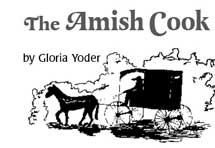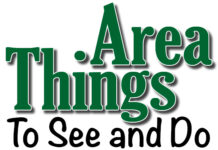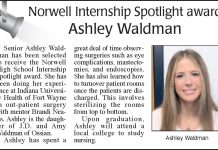“Hey, Nana, were the dinosaurs alive when you were a little girl?” “I’m not that old! Let me tell you about my childhood.” We lived in the 500 block of Line Street where the sidewalk actually ended (before Shel Silverstein’s poem) and country began. We walked to school twice a day because we came home…



